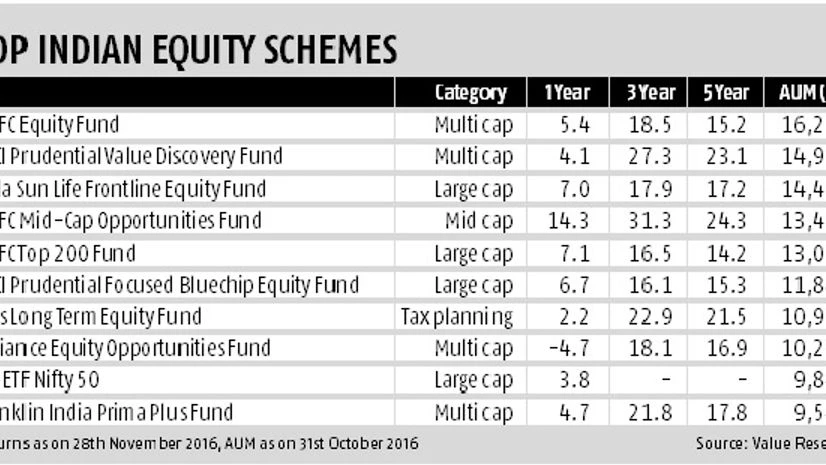The Securities and Exchange Board of India (Sebi) is working on the concept of 'passporting' - a unified regulatory mechanism that will allow Indian mutual fund (MF) schemes to be sold in other Asian countries without the need for exclusive regulatory approvals from the latter.
Sebi is working with the International Organization of Securities Commissions (IOSCO) and regulators in other Asian countries to make this happen, said sources. The Indian asset management sector is estimated at Rs 16 lakh crore in size.
If allowed, Indian MF schemes could be sold elsewhere without the fund house having to register separately with the regulator of that country or setting up a subsidiary in the jurisdiction. Conversely, schemes of these countries will be allowed to be sold in India.
For example, an HDFC Top 200 scheme would be allowed to be sold in Singapore, and schemes from funds based in Singapore to be sold in India, without the need for separate registration and with minimal regulatory intervention.
Currently, Indian funds wanting to sell schemes abroad have to register in that country with the local regulator, a process which can take up to a year. Indian investors wanting to invest in international schemes at present do so through Indian feeder funds, which invest into their parent firms' funds abroad.
"Our regulatory standards where funds are concerned are the best in the world and any fund or scheme sold in India should be allowed to be sold elsewhere," said a senior fund official, on condition of anonymity. He said the move might increase competition in the sector, as international funds would be sold in India.
"Passporting of funds is popular in Europe, wherein scheme sales are not limited to the home country. This mechanism will not only expand the market for Indian funds globally but allow Indian investors to choose from a wide bouquet of Asian funds," said Manoj Nagpal, chief executive, Outlook Asia Capital.
More From This Section
Passporting of funds in Europe is made possible through the Undertakings for the Collective Investment of Transferable Securities (UCITS), a regulatory framework of the European Commission that creates a harmonised regime for the management and sale of MFs. UCITS funds can be registered in Europe and sold to investors worldwide, using unified regulatory and investor protection requirements. The fund providers which meet the standards are exempt from national regulation in individual European countries.

According to a September 2015 note from Citi, the global financial services entity, Australia, Japan, New Zealand, Philippines and Thailand had said they wished to establish and participate in the proposed Asian Regional Funds Passport, an arrangement for allowing investment funds to be sold within select Asian countries. It further said not all signatories might choose to participate in the Passport from the outset; other markets/countries might join later.
Sebi has been working on passporting for more than a year but it the progress could not be confirmed. Sebi did not answer an e-mail in this regard.
There are hurdles. "Reciprocity and an understanding between regulators will be crucial," said the fund official quoted earlier. The other question, he says, is if there will be a demand for international funds in India, and vice versa. "Passporting is two-way traffic and has to work both ways."
"It's a good idea but will require detailed regulations, including changes in the existing Fema (Foreign Exchange Management Act) guidelines. KYC (Know Your Customer) norms might have to be relooked, to identify the ultimate owner of these MF units, since these will be transferable securities," said another.
At present, qualified foreign investors may buy into equity and debt schemes of MFs, either through depository participants or by holding units.
India has a memorandum of understanding with IOSCO but only on sharing of information, not with respect to registering of funds.

)
